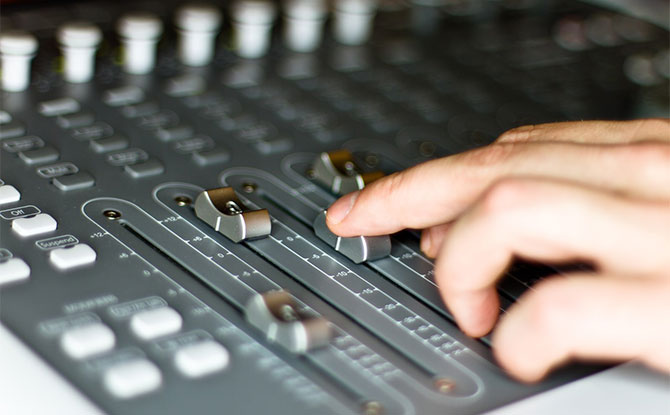When it comes to audio mixing, one of the biggest decisions you’ll have to make is whether to go with a digital or analog mixer. Both types of mixers have their own unique set of benefits and drawbacks, and the right choice for you will depend on your specific needs and preferences.
Digital versus Analog Audio Mixer: What are the Differences
1. How Sound is Processed
One of the main differences between digital and analog audio mixers is the way they process sound. Digital mixers use digital algorithms to manipulate and mix audio signals, while analogue mixers use analog circuits and components to process audio.
2. Flexibility and Control
One of the main benefits of digital mixers is the level of flexibility and control they offer. Digital mixers tend to have a wide range of features and offer precise control over the mixing process, including the ability to store and recall mixer settings, and to use digital effects and processing. This makes digital mixers a good choice for more complex mixing tasks, such as recording and producing music.
This flexibility also make digital mixers a preferred choice when it comes to live performances where there can be many different bands or settings that change from song to song.
3. Recording Interfaces
Having a digital mixer can also be handy if you need to do on-the-go recording. They also often have built-in interfaces for connecting to computers and other digital devices, which makes it easy to integrate them into a digital recording setup. Having said that, there are also analog mixers that have built-in interfaces that be connected to a computer.
Analog mixers, on the other hand, tend to be more limited in terms of features and flexibility. They are generally simpler to use and have fewer controls, which can be a plus for people who prefer a more straightforward approach to mixing. Analogue mixers are also known for their warm, “analogue” sound, which some people prefer to the more clinical sound of digital mixers.
Deciding between a Digital and Analog Mixer
One of the key considerations when choosing between a digital and analog mixer is your budget. Digital mixers tend to be more affordable, especially at the lower end of the price range, while analogue mixers can be quite expensive, especially for high-end models.
Another important factor to consider is the type of work you’ll be doing with the mixer. If you’re planning on recording and producing music, a digital mixer is likely the better choice due to its greater flexibility and control. If you’re using the mixer for live performances, a digital mixer may also be a good choice due to its portability.
On the other hand, if you prefer a simpler, more straightforward approach to mixing, or if you’re looking for a warm, “analog” sound, an analog mixer may be the better choice.
Ultimately, the decision between a digital and analog audio mixer comes down to your specific needs and preferences.
Both types of mixers have their own set of benefits and drawbacks, and the right choice for you will depend on your budget, the type of work you’ll be doing with the mixer, and your personal preferences.


